Obesity 'biggest threat to women's health' in England
- Published
- comments
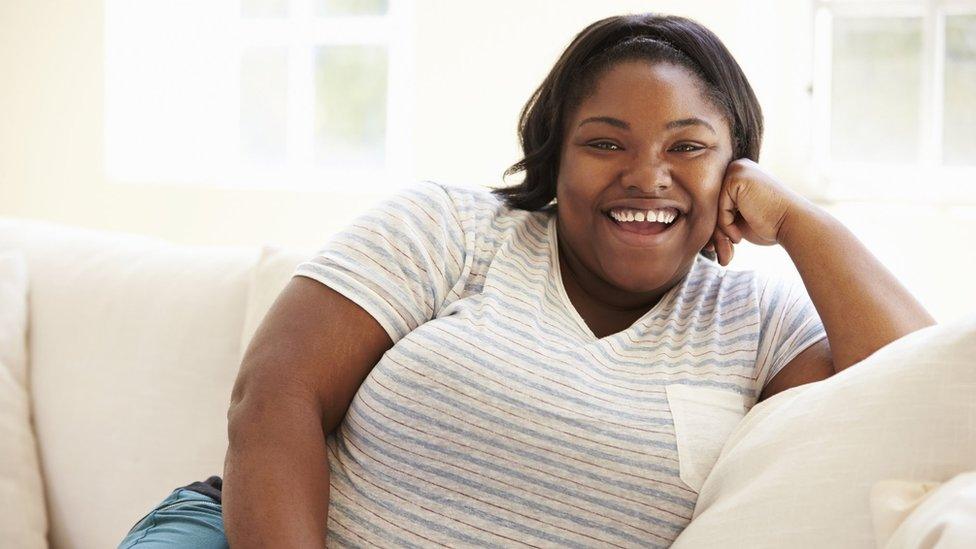
Obesity is the biggest threat to women's health and the health of future generations, warns England's chief medical officer Dame Sally Davies.
Her annual report, external, which focuses on women this year, said tackling obesity should be a national priority to avert a "growing health catastrophe".
She said the food industry needed to do more or it should face a sugar tax.
Dame Sally is also calling for better treatment of ovarian cancer and more open discussion on incontinence.
England's top doctor said obesity was so serious it should be a priority for the whole population, but particularly for women because too often it shortened their lives.
In England in 2013, 56.4% of women aged 34-44 and 62% of women aged 45-54 were classified as overweight or obese.
Obesity increases the risk of many diseases including breast cancer, type 2 diabetes and heart disease.
Sugar tax
Dame Sally warned that if the food industry did not clean up its act then new taxes may be the only option.
She told the BBC: "I think it is inevitable that manufacturing has to reformulate and resize, that supermarkets and others need to stop cheap promotions on unhealthy food and putting unhealthy food at the check-out, and limit advertising dramatically.
"I think we're at a tipping point. If industry won't deliver then we'll have to look at a sugar tax."
Elsewhere in the report, the chief medical officer recommended that:
clinical staff be better trained to recognise and respond to violence against women, including female genital mutilation, domestic abuse and sexual violence
more research is needed to improve maternal and child mental and physical health
more research on screening tests, preeclampsia and foetal growth is also needed
children should receive integrated personal, social, health and economic education (PSHE) with sex and relationships education (SRE) at school
a full range of contraception services should be available to all women, at all reproductive ages
Pregnancy health
Dame Sally highlighted the fact that women had to look after their physical and mental health during pregnancy for the sake of their children and grandchildren.


If a woman is obese during pregnancy, research indicates there is an increased chance of miscarriage and premature birth, external.
A woman's overall health during pregnancy also has an impact on the health of the child in later life, the report said.
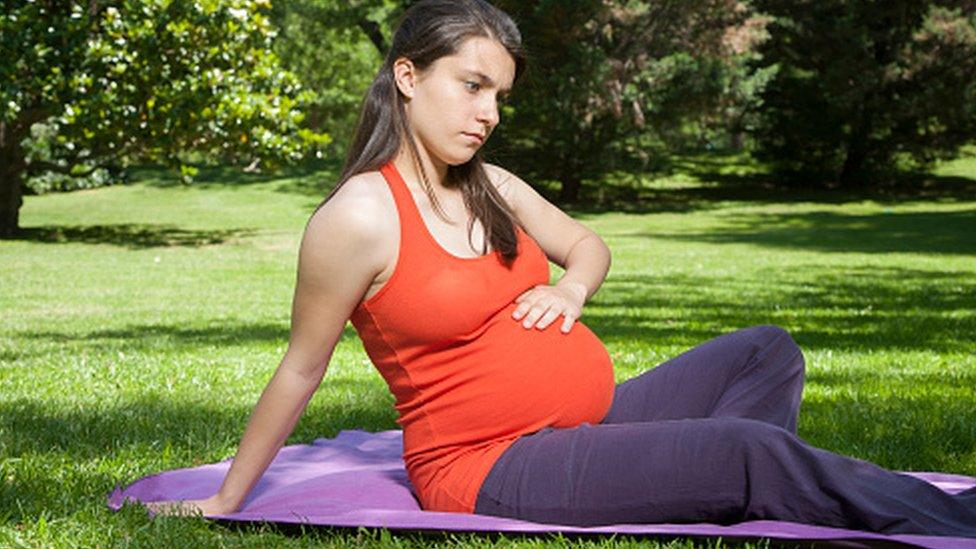
Women should be given advice on how to lead healthy, active lives when planning for a pregnancy
A pregnant woman's health affects the conditions inside the womb which in turn can have life-long consequences for the health of the child including the risk of obesity or type 2 diabetes.
Dame Sally said she wanted to "bust the myth" that women should eat for two when pregnant, adding a healthy diet with fruit and vegetables and avoiding alcohol was important.
Prof Nick Finer, from University College London's Institute of Cardiovascular Science, said obesity was now "the most pressing health issue for the nation".
"Estimates of the economic costs of obesity suggest they will bankrupt the NHS.
"Elevating the problem of obesity to a national risk could help to address the current 'laissez faire' attitude to this huge, angry, growing health catastrophe," he said.
Size acceptance campaigner Kathryn Szrodecki: "It's scare tactics...the biggest killer for women is dementia and Alzheimer's"
The report makes 17 recommendations across a range of women's health issues.
In her report, Dame Sally highlighted the need for early diagnosis and treatment of eating disorders, such as anorexia, bulimia and binge-eating, which are more common in women than men.
She recommended that everyone with an eating disorder should have access to a new and enhanced form of psychological therapy, called CBT-E, which is specifically designed to treat eating disorders.
This should be available to all age groups across the country, she said.
Lorna Garner, from Beat, the charity that supports people with eating disorders, said the recommendation would have "a dramatic and positive impact on a very large proportion of the individuals diagnosed with eating disorders".

What is CBT-E?
It's a one-to-one psychological therapy which focuses on changing the patient's views on body image and helping them to accept their bodies as they are.
The 'E' stands for enhanced because it is tailored to the individual, with the aim of helping them to learn more productive ways of thinking, feeling and behaving.
Keeping patients engaged in the process and preventing any relapses is a key part of the therapy.
Extensive studies have shown that it works for all eating disorders, with a 66% success rate for people with bulimia and binge-eating disorders.
The therapy lasts from five to nine months and can also be used on children over 14 years old.
Therapists can be trained online to deliver CBT-E, which helps patients to be treated quickly.

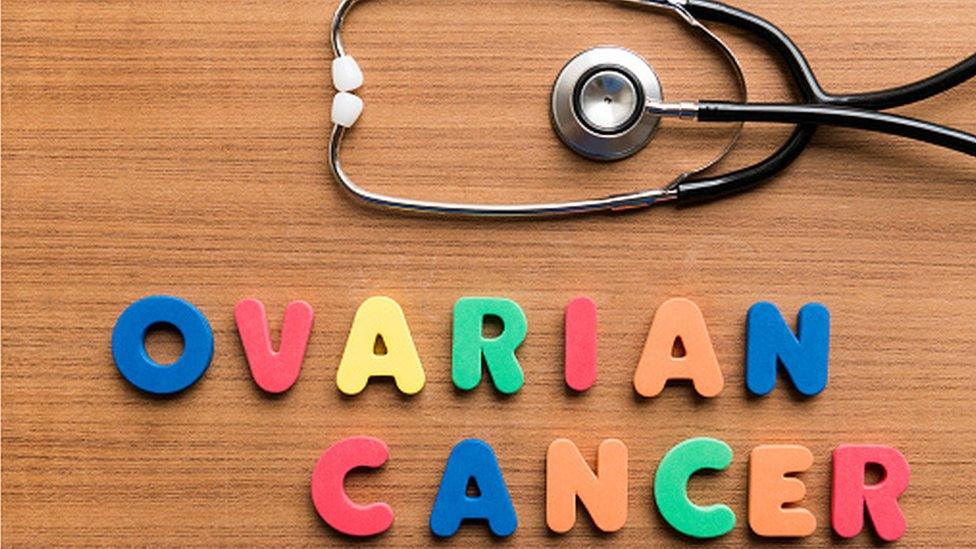
Ovarian cancer survival is lower in England than in other comparable countries
The report also called for better treatment for ovarian cancer, which kills more women in England than any other gynaecological cancer.
With survival from the cancer among the lowest among developed nations, Dame Sally recommends longer operating times to increase the likelihood that all the cancer is removed during surgery.
Training in specialised surgical skills to remove gynaecological cancers and an audit of treatments are also highlighted in the report.
Taboo issues
There should be more awareness of women's problems "below the waist" and more discussion of taboo topics such as urinary and faecal incontinence and the menopause, the report said.
More than five million women suffer from incontinence in the UK, a condition that can seriously affect the quality of their lives.
Bosses should also make it easier for women to discuss their menopausal symptoms without embarrassment, which could help them reduce their sick leave and improve their wellbeing at work.
Dr David Richmond, president of the Royal College of Obstetricians and Gynaecologists, said women should be placed at the centre of their care throughout their lives.
He said issues such as maternal obesity, poor diet, lack of physical activity, high levels of alcohol consumption, smoking and poor sexual health "must be addressed... to enable all women to make safe and appropriate lifestyle choices".
- Published13 February 2015
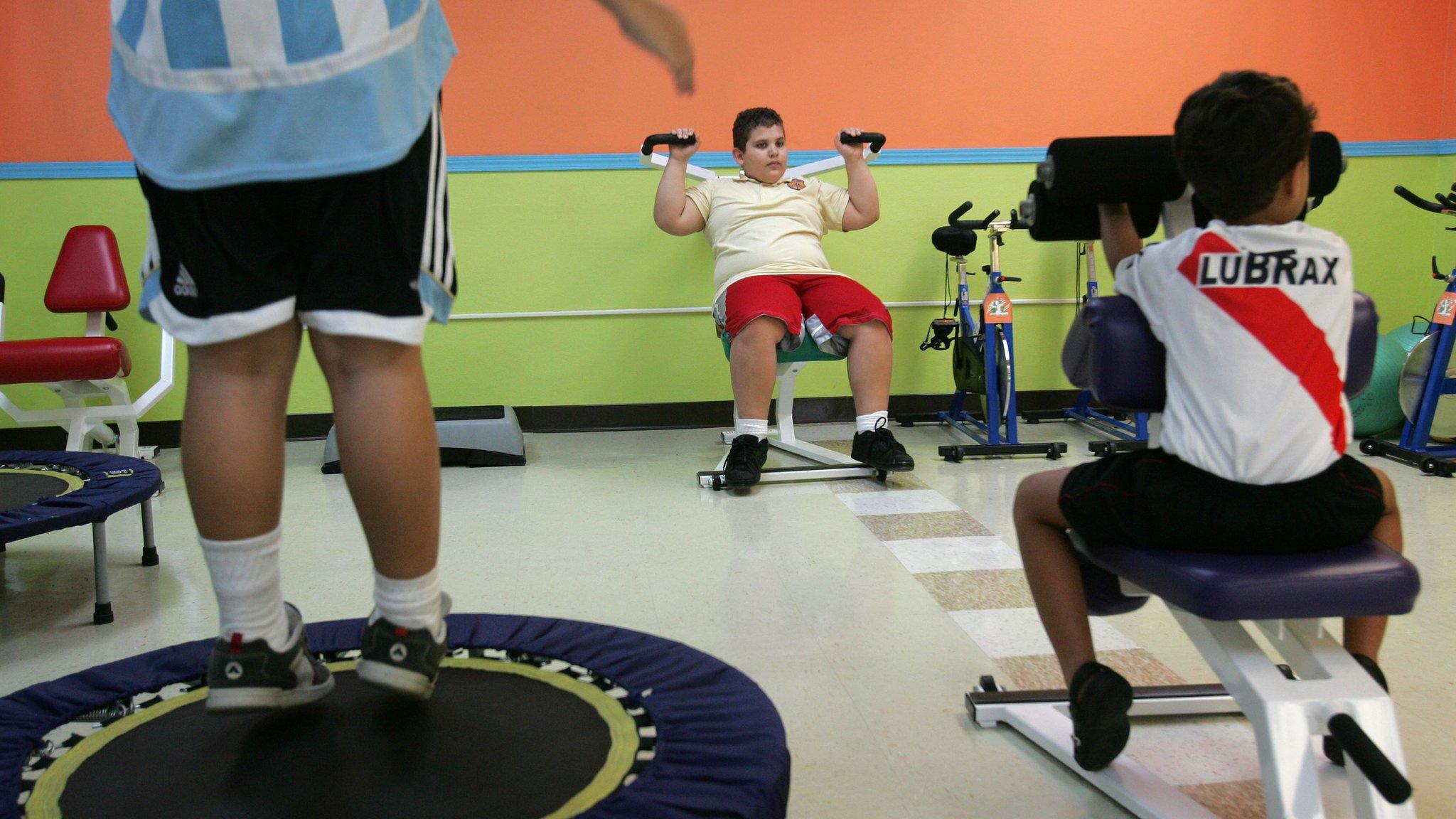
- Published15 September 2015

- Published25 June 2015
- Published23 April 2015
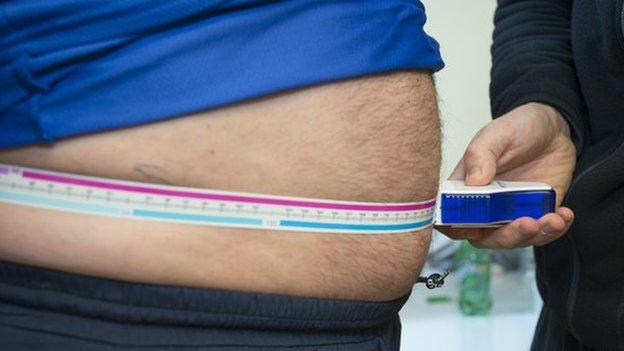
- Published25 March 2015
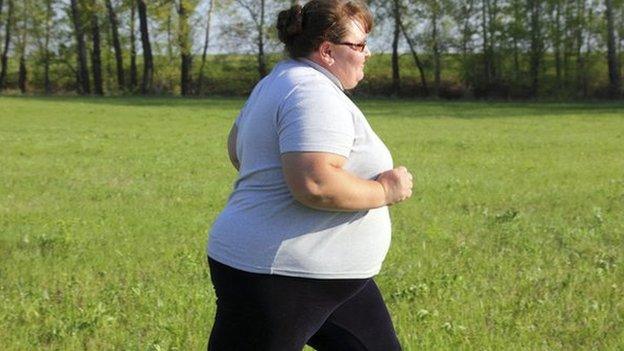
- Published17 February 2015
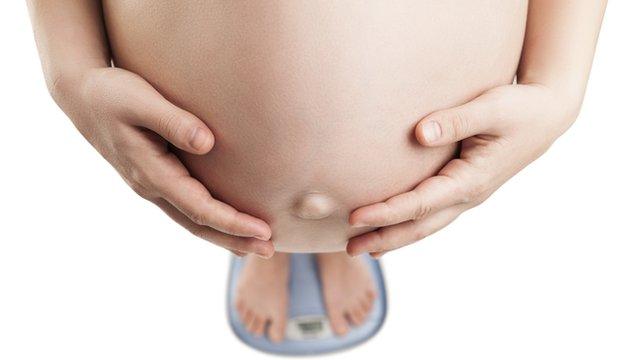
- Published14 February 2015

- Published11 March 2014
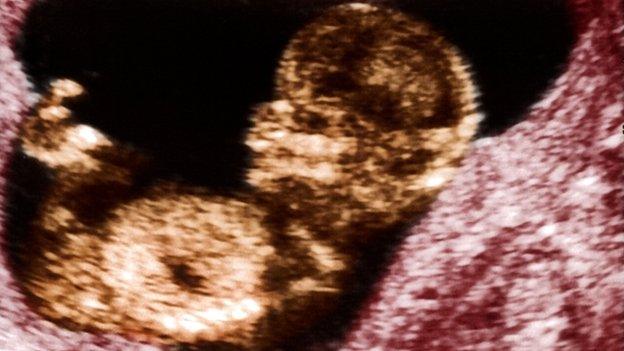
- Published27 March 2014
